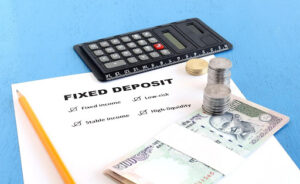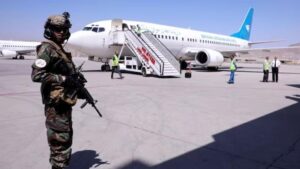Euro slides to lowest in two decades as Russia shuts off gas

Euro slides to lowest in two decades as Russia shuts off gas
Euro and European shares fell after Russia increased the continental energy crisis by killing the main gas tap, signifying the old winter ahead for business and household.
European countries led by Germany announced steps during the weekend to handle the crisis of living costs and trigger energy prices after Russian Gazprom PJSC Gascatan gas producers said it would stop the non-time limit in supply through the Nord Stream pipe.
The general currency dropped by 0.7% to 98.80 cents on Monday, which was weakened since 2002, while the Euro Stoxx 50 was a decline of 3.3%. Futures of Germany Government records obtained 80 lice to 149.13 ahead of the policy decisions of the European Central Bank this week.
Euro has more losses given the full impact of cutting unlimited Russian gas supply to Europe has not yet come,” said Rodrigo Catril, a currency strategist at the National Australian Bank Ltd. “There is no gas which means there is no growth and ECB Hawkish.”
The energy crisis has been deeper since the Russian invasion of Ukraine has pushed the price of a higher and damaged commodity between Kremlin and Europe. This is an important factor that drives the euro into parity with a dollar last month for the first time in two decades. A new strain on energy supply before winter threatens to provide further obstacles to the regional economy when the soaring consumer prices put pressure on the ECB to tighten monetary policy.
There is hope that developed for the ECB to raise interest rates by 75 basis points soon on Thursday. The decision remains challenging as the Head of Christine Lagarde and his colleagues to manage the problems of high inflation and recession twins.
At some market points it might begin to question how many central bank inflation is willing to tolerate if the economy enters the recession, especially if the inflation roots are driven by supply,” said Su-Lin Ong, Australian Australian Economic and Permanent Revenue Chief remains Australia Australia Australia Strategy in the Royal Bank of Canada. “Weaken growth, or recession, and a weaker labor market in the end is the price that must be paid, but the longer energy price can reduce the extent to which the ECB moves well this week and through the cycle.”
In a severity of the problem, Germany launched a assistance plan on Sunday worth around 65 billion euros ($ 65 billion) while Finland said it would stabilize the electric market with a $ 10 billion program. Sweden on Saturday announced an emergency backstop of $ 23 billion for its utility because it tried to overcome the broader financial crisis.
Analyst Goldman Sachs Group Inc. Led by Kamakshya Trivedi cut their estimates for Euro to 97 cents over the next three months from 99 cents before, they said in the Friday records before various aid packages were announced. They also believe that the Euro will remain under parity with dollars for a period of six months. Previously they estimate the recovery to 1.02 dollars.
While the Euro region has made good progress in collecting gas storage for the upcoming winter, this has occurred with significant destruction of demand through production cuts, and does not fully eliminate the risk of more severe disturbances during winter,” they said in that note.





